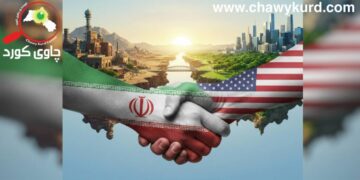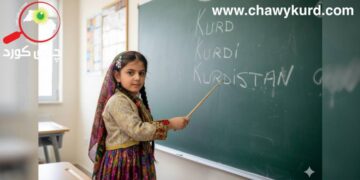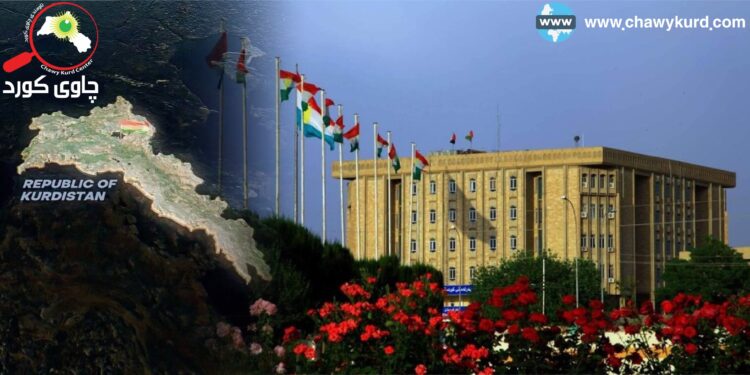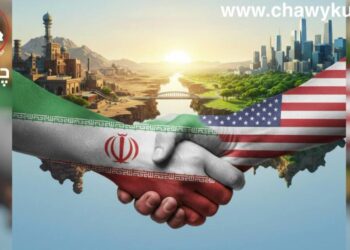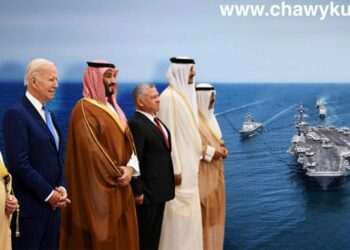Introduction:-
Kurdistan borders Turkey, Iran and Syria. The regional capital is Erbil or in Kurdish, Hawler. The region is officially governed by the Kurdistan Regional Government.
The establishment of the Kurdistan region dates back to 1970. In March 1970 an autonomy agreement was signed with Baghdad that declared autonomy for the region, after years of heavy fighting. The Iran-Iraq war during the 1980s and the Anfal genocide campaign of the Iraqi army devastated the population and nature of Iraqi Kurdistan.
Following the 1991 uprising of the Kurdish people against Saddam Hussein, many Kurds were forced to flee the country to become refugees in bordering regions of Iran and Turkey A northern no-fly zone following the First Gulf War in 1991 to facilitate the return of Kurdish refugees was established. As Kurds continued to fight government troops, Iraqi forces finally left Kurdistan in October 1991 leaving the region to function de facto independently; however, neither of the two major Kurdish parties had at any time declared independence and Iraqi Kurdistan continues to view itself as an integral part of a united Iraq but one in which it administers its own affairs. The 2003 invasion of Iraq by joint coalition and Kurdish forces and the subsequent political changes in post-Saddam Iraq led to the ratification of the new Iraqi constitution in 2005.
The new Iraqi constitution stipulates that Iraqi Kurdistan is a federal entity recognized by Iraq, and gives Kurdish joint
official language status in all of Iraq, and sole official language status in Iraqi Kurdistan.
Chapter 1: What is a political system
the set of formal legal institutions that constitute a “government” or a “state.”
This is the definition adopted by many studies of the legal or constitutionalarrangements of advanced political orders. More broadly defined, however, the term comprehends actual as well as prescribed forms of political behaviour, not only the legal organization of the state but also the reality of how the state functions. Still more broadly defined, the political system is seen as a set of “processes of interaction” or as a subsystem of the social system interacting with other nonpolitical subsystems, such as the economic system. This points to the importance of informal sociopolitical processes and emphasizes the study of political development.
Different governments and states manage their people’s political, economic, and social affairs worldwide. The government does so to maintain law and order within its territories. Without law and order, chaos and conflict are likely to emerge, making it very difficult for any government to govern effectively. Political systems are established to ensure the government is effective and smooth running. Therefore, the political system definition is a set of different institutions established politically, to ensure the free and fair distribution of resources within a given society. What is a political structure? No government acts on isolation. Governments form several institutions like the judiciary, parliament, and other vital organs to assist in managing their affairs. Each institution has a role to play different from the rest. The political structure definition is, therefore, the working relationship of these different institutions, and how they intermingle to achieve the government objectives.
The political systems are formed with certain objectives, like determining who will be leaders, their roles, and critical responsibilities.
Chapter 2: political system in kurdistan region
The political system of the Kurdistan Region is a democratic parliamentary system. The Kurdistan Region has its own administrative and political structure, ie it has a democratic government. It generally consists of formal and informal authorities. Official authorities consist of (legislative, executive, judicial). Informal authorities consist of (political parties, media, pressure groups and civil society organizations). Duty Within its authority, we can analyze each role as follows:-
The Legislature
The Kurdistan Parliament is the Region’s democratically elected legislature. The parliament consists of one elected chamber. Its main functions are
To examine proposals for new laws, to draft and pass legislation; to scrutinize government policy and administration; and to debate the major issues of the day.
The founding principles of the Kurdistan Parliament are described in Law No. 1 of 1992 (external link to Legislation Database), in the final passage on the purpose of the law:
Democracy, respect for human rights and freedoms, self-rule, the rule of lawan justice, the right to representation, self-determination, and the legitimate aspirations of the people of Kurdistan. The Kurdistan Parliament has
111 members who are elected by popular vote every four years. Thirty four MPs are women, and 11 MPs represent Christian,
Turkmen and Armenian political parties, who are guaranteed seats to ensure participation of Kurdistan’s ethnic and religious components. The minimum quota of female parliamentarians is 30 percent. Click the link below to see MPs’ individual profiles.
Article 56 of the Kurdistan Election Law, Law No. 1 of 1992 (external link), sets out Parliament’s duties and authority:
- Approve agreements, resolve the defining issues critical for the people of Kurdistan in Iraq, and determine the legal relationship with the central government.
- Appoint the head of the executive branch, who has the authority to nominate both MPs and non-MPs to positions in the executive branch.
- Give or withdraw confidence from the Council of Ministers.
- Approve the general budget and development plans.
- Monitor the executive
- Establish committees to scrutinize or investigate any matter. 8. Establish Parliament’s internal system, determine its composition and decide on the employment of its staff. 9. Establish standing and ad hoc parliamentary committees, in accordance with Parliament’s internal rules. 10. Establish grounds for convicting and holding members accountable for breaking their parliamentary oath.
- Decide on complaints about the correct election of members. Membership shall not be canceled except by a two-thirds majority of the members.
the executive
The executive branch in the Kurdistan Region consists of two presidents (Prime Minister and President of the Region). The nature of the parliamentary system is that the executive branch must have two presidents. The current prime minister is Masrour Massoud Mustafa Barzani and the deputy prime minister is Gubad Jalal Talabani. The president is Nechirvan Barzani.
In a country that follows a parliamentary system to run the country, the power of the prime minister is very broad and the power of the president is only a appearance for the country, but in the Kurdistan Region this is not the case.
The judiciary
- Legalization and adjudication of administrative and judicial problems. In addition, achieve legal equality and express opinions freely on legal affairs in Iraqi Kurdistan through the Shura Council.
- Coordination with the Supreme Judicial Council and relevant parties to implement laws and achieve the Ministry’s objectives through the Office of the Prosecutor General.
- Registering the disposal of real estate and judgments on real property rights. In addition, organize and strengthen legal acts.
- Monitoring disadvantaged groups from social, cultural, educational, and humanitarian standpoints in cooperation with relevant authorities, protecting the gains and rights of the Region and its citizens, and applying the judgments and decisions of the judiciary through the Directorate General of Judicial Affairs.
- Issuing and publishing the official newspaper (Kurdistan Chronicle) in both Kurdish and Arabic to inform citizens and organizations in the Region of the latest laws issued by the Directorate General of the Diwan and the Directorate of the Chronicle of Kurdistan.
- Authenticating documents through the General
Directorate of the Diwan and the Directorate of Relations.
- Preparing the judiciary and members of the Ministry’s and other entities’ prosecution and legal staff through the Judicial Institute.
- Reviewing, auditing, and inspecting the records of the Ministry and all its departments to ensure justice and integrity through the Judicial Supervisory Authority.
Political parties
Without political parties, it is difficult for a democratic system to survive in the world. The Kurdistan Region conducts political and legal affairs through political parties. It is the political parties that also exercise official power. The party system in the Kurdistan Region is multi-party and democratic, meaning that political parties are allowed to form according to certain conditions and guidelines. There are 16 political parties in the Kurdistan.
media and agencies
The media and its institutions are the second largest authority in the Kurdistan Region, because they benefit the citizens and political parties. Because the citizens of the region use the media and social media are aware of all the work and activities of the government, so it is possible to end the power of one government and form another government through the media.






